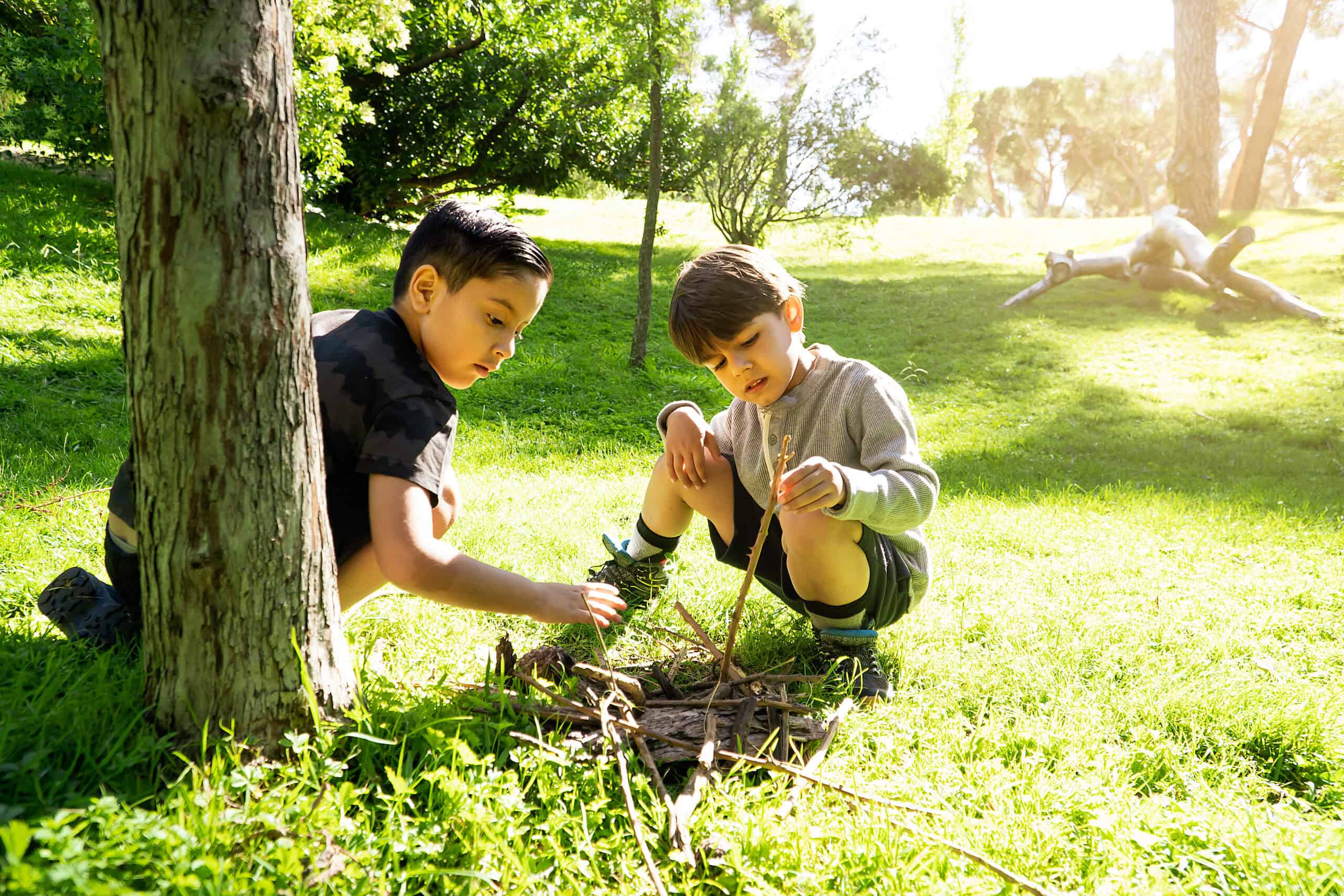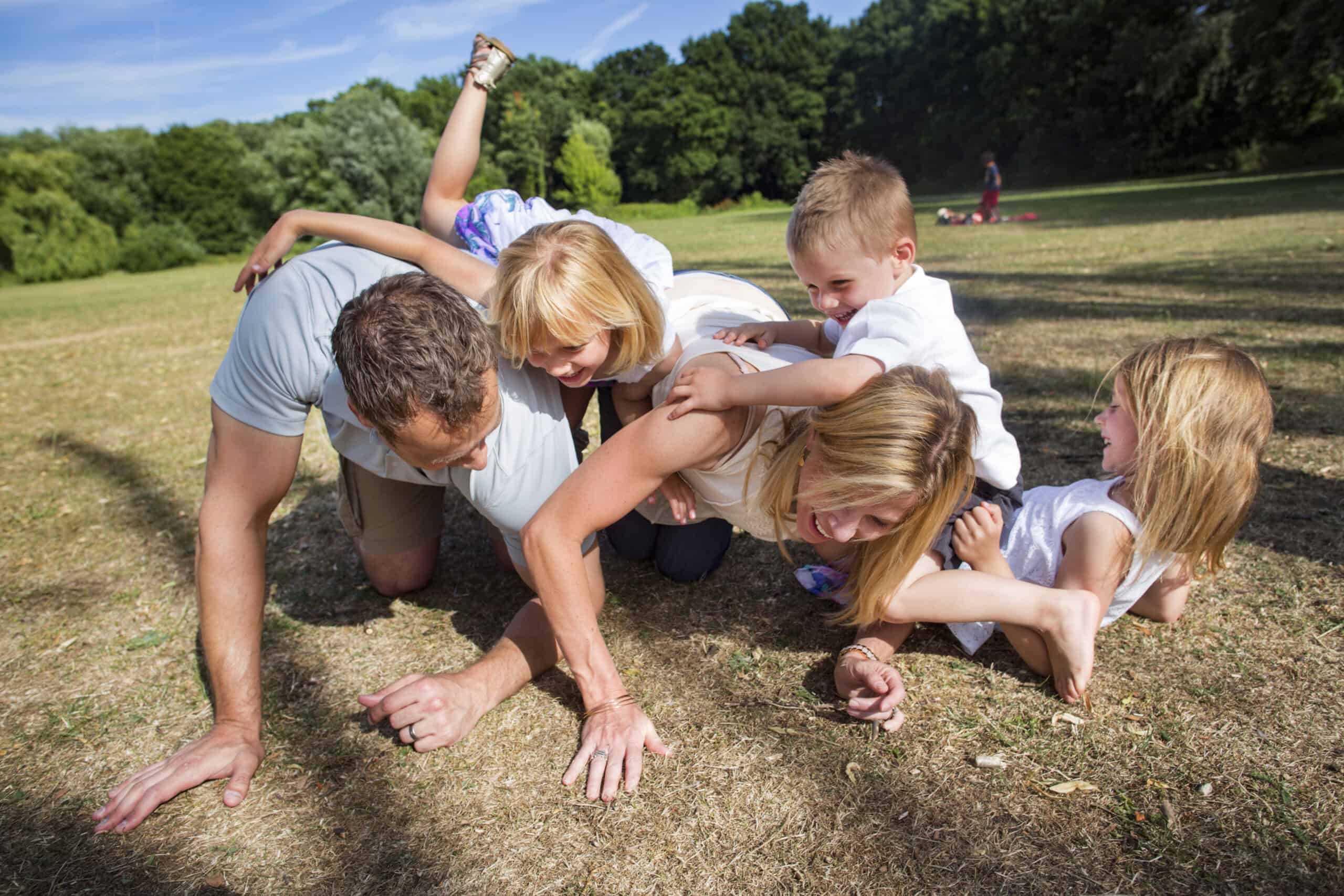Wellbeing Dimension: Home Wellbeing
Home Wellbeing supports robust families by promoting financial stability, family bonds, and harmonious household environments. This domain recognises the importance of home as the foundation of a thriving life. The Home Wellbeing Domain includes Financial Wellbeing, Familial Wellbeing, and Household Wellbeing.
-
Building Better Brains: How Play Strengthens Executive Function in Children
Have you ever wondered why some kids seem more focused, organised, or able to stay calm under pressure? Executive functioning has become a popularised brain word. What exactly is executive functioning? It is the brain’s way of processing information while regulating the self. It involves our working memory, planning, self-monitoring, time management, self-control and organisation.…









